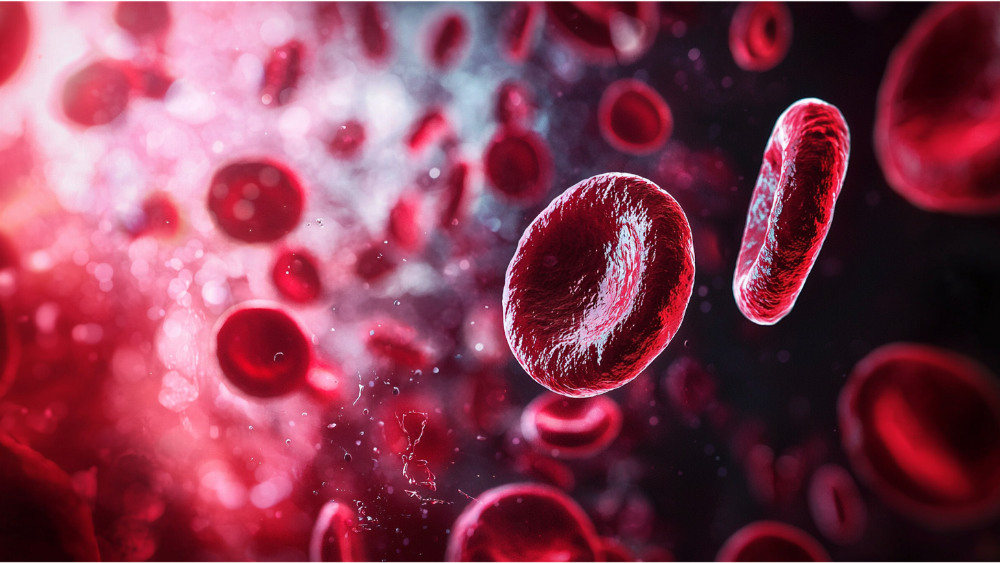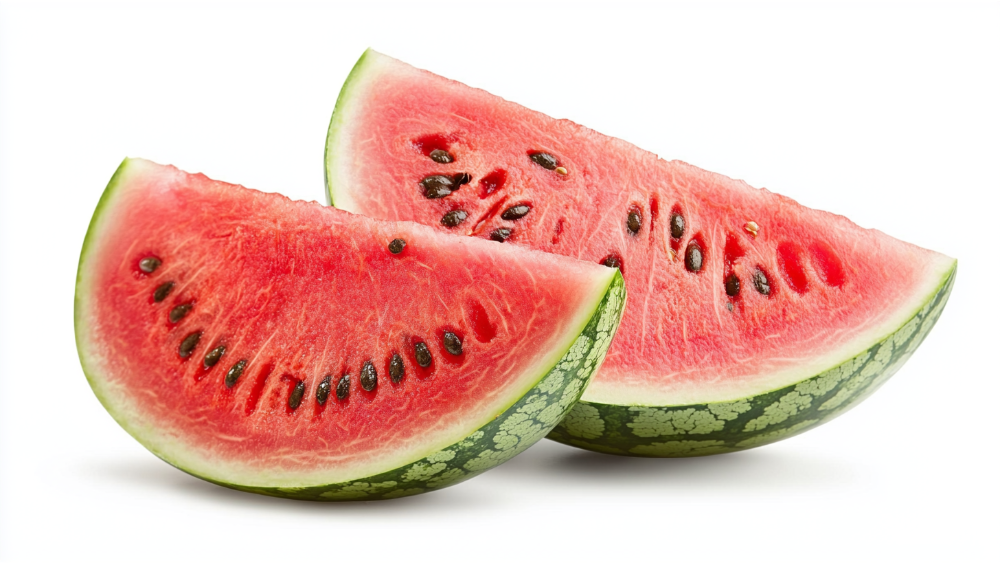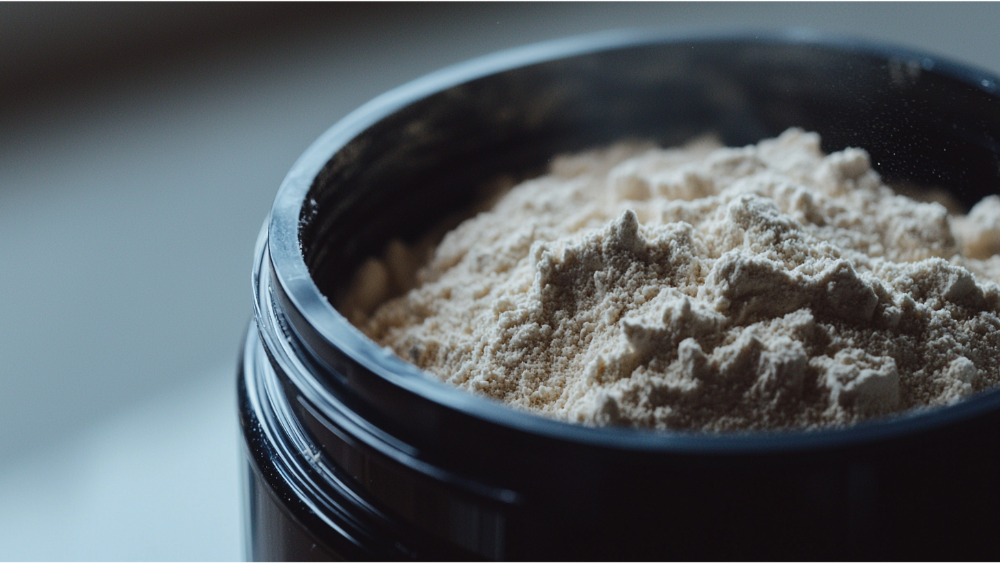L-Citrulline is a naturally occurring amino acid that plays a pivotal role in several physiological processes, particularly those involving circulation, cardiovascular health, and muscle function. Despite being classified as a non-essential amino acid, L-Citrulline has garnered significant attention in the fields of exercise science, cardiovascular medicine, and overall health optimization. But what exactly is L-Citrulline, how does it work, and what are its primary benefits?
In this guide, we’ll explore the science behind L-Citrulline, its functions in the body, potential health benefits, and best practices for supplementation. Whether you’re an athlete, someone interested in cardiovascular health, or looking for natural ways to enhance your well-being, this amino acid may be an important addition to your routine.
Overview of L-Citrulline as an Amino Acid
Definition and Classification of L-Citrulline
L-Citrulline is classified as a non-essential amino acid, meaning that the body can produce it naturally without needing to obtain it solely through dietary sources. However, despite its non-essential status, L-Citrulline plays a crucial role in several biochemical processes, most notably in the production of L-arginine, another amino acid essential for nitric oxide production.
Natural Production vs. Supplementation
While the body can synthesize L-Citrulline, various factors, including age, diet, and physical activity, can influence production levels. Supplementation of L-Citrulline has been widely recommended, particularly for individuals who want to optimize nitric oxide production for improved circulation, enhanced physical performance, or better cardiovascular health.
How Does L-Citrulline Work?

Conversion to L-Arginine and Nitric Oxide Production
L-Citrulline is primarily known for its conversion into L-arginine in the kidneys. This process is significant because L-arginine is a precursor to nitric oxide, a critical molecule that causes vasodilation, or the widening of blood vessels, thereby improving blood flow throughout the body.
The Urea Cycle and L-Citrulline’s Role
L-Citrulline is an integral part of the urea cycle, a process through which the body eliminates excess ammonia, a waste product produced during exercise. By aiding in the removal of ammonia, L-Citrulline helps delay fatigue and improve endurance, particularly in athletes.
Nitric Oxide and Vasodilation
The increase in nitric oxide levels resulting from L-Citrulline supplementation leads to vasodilation, which enhances blood circulation. Improved blood flow has multiple benefits, including lower blood pressure, better oxygen delivery to muscles, and increased nutrient uptake, all of which contribute to better physical performance and overall cardiovascular health.
Health Benefits of L-Citrulline
Cardiovascular Health and Blood Pressure

Impact on Blood Flow and Blood Pressure Reduction
Research has shown that L-Citrulline supplementation can significantly reduce both systolic and diastolic blood pressure levels by promoting better endothelial function. The endothelium is the thin membrane that lines the inside of blood vessels, and improving its function is essential for cardiovascular health. A study from the European Journal of Applied Physiology demonstrated that L-Citrulline reduced blood pressure by up to 14% in individuals with hypertension.
Atherosclerosis and Heart Health
By reducing oxidative stress and improving blood vessel function, L-Citrulline may help prevent the formation of atherosclerotic plaques, which are fatty deposits that build up in the arteries. This benefit can lead to a decreased risk of heart attacks and strokes, making L-Citrulline a valuable supplement for individuals concerned about heart health.
Athletic Performance and Muscle Recovery
Enhancing Endurance and Delaying Muscle Fatigue
One of the key benefits of L-Citrulline, especially for athletes, is its ability to delay muscle fatigue and enhance endurance. By increasing nitric oxide production, L-Citrulline allows for better oxygen delivery to working muscles, which helps delay the onset of fatigue during high-intensity exercise.
Citrulline Malate vs. L-Citrulline for Exercise
When it comes to exercise, many supplements use citrulline malate, a combination of L-Citrulline and malic acid, which is believed to be more effective in promoting energy production during workouts. Research shows that citrulline malate may also help reduce muscle soreness after exercise.
Erectile Dysfunction and Sexual Health
Improved Circulation and Its Impact on ED
L-Citrulline’s ability to improve blood circulation has made it a popular supplement for men dealing with mild erectile dysfunction (ED). While it may not be as effective as prescription medications like sildenafil (Viagra), studies have shown that taking L-Citrulline can improve erection hardness and sexual function in men with mild to moderate ED.
Immune Function and Detoxification
As a byproduct of the urea cycle, L-citrulline helps remove ammonia from the blood, which can accumulate during intense physical activity. This detoxification process supports the immune system and helps maintain overall health.
Sources of L-Citrulline

Watermelon and Other Fruits
Watermelon is one of the richest natural sources of L-Citrulline, providing approximately 2.1 mg per gram of fresh weight. Other fruits and vegetables, such as cucumbers, pumpkins, and gourds, also contain smaller amounts of L-Citrulline, though supplementation may be necessary to achieve optimal levels.
Supplementation Forms
L-Citrulline vs. Citrulline Malate
L-Citrulline is available in two primary supplement forms: L-Citrulline and citrulline malate. While L-Citrulline is pure, citrulline malate combines the amino acid with malic acid, which aids in energy production during exercise. Both forms are effective, but citrulline malate is often favored for athletic performance.
Recommended Dosage of L-Citrulline
Dosage for Different Purposes
Dosage for Exercise Performance
For individuals looking to enhance their physical performance, the recommended daily dosage of L-Citrulline ranges from 3 to 6 grams. Citrulline malate may require a slightly higher dosage, with most studies suggesting 6 to 8 grams per day for optimal results.
Dosage for Blood Pressure and Cardiovascular Health
For those focused on cardiovascular health, a dosage of 3 to 8 grams per day has been shown to reduce blood pressure and improve endothelial function. It’s recommended to start with a lower dose and increase gradually to avoid potential gastrointestinal discomfort.
Potential Side Effects and Risks

Common Side Effects
Gastrointestinal Issues
Although L-Citrulline is generally considered safe, some users may experience mild side effects, including bloating, cramping, or diarrhea, particularly at higher doses. These side effects are usually temporary and can often be reduced by beginning with a lower dosage and gradually increasing it. Individuals should pay attention to their body’s response and consult a healthcare professional if they have any concerns or if side effects persist, ensuring a comfortable and effective supplementation experience.
Interaction with Medications
L-Citrulline may interact with specific medications, especially those prescribed for high blood pressure or erectile dysfunction. By boosting nitric oxide production, it can enhance the effects of drugs that promote vasodilation, potentially increasing the risk of hypotension (low blood pressure). It’s important for individuals on these medications to consult a healthcare provider before using L-Citrulline.
Long-Term Safety Considerations
Safe Upper Limits for Daily Intake
While there is no strict upper limit for L-Citrulline, it is generally recommended to stay under 10 grams per day to avoid chronic toxicity. Long-term studies have shown that doses up to 6 grams per day are safe for most individuals.
Risks for Specific Populations
Certain individuals, particularly those with herpes simplex or lysine deficiencies, are advised to avoid L-Citrulline supplementation due to its potential to disrupt the body’s amino acid balance. The effects of L-Citrulline on these conditions may lead to adverse outcomes. Therefore, it is crucial to consult a healthcare provider before initiating any new supplement regimen to ensure safety and address any underlying health concerns appropriately, thereby minimizing the risk of complications.
Frequently Asked Questions About L-Citrulline
What is the Best Time to Take L-Citrulline?
Timing for Exercise vs. Cardiovascular Benefits
For individuals using L-Citrulline to boost exercise performance, it’s advisable to take the supplement 30 to 60 minutes prior to a workout. In contrast, when using L-Citrulline for cardiovascular health benefits, it can be consumed at any time throughout the day, ideally with meals to minimize gastrointestinal discomfort.
Can You Take L-Citrulline Every Day?
Long-Term Use and Safety
Yes, L-Citrulline is safe for daily consumption. Research indicates that long-term use can provide ongoing benefits, especially for cardiovascular health and exercise performance, with minimal side effects. This makes it a reliable option for individuals seeking to enhance their physical well-being through consistent supplementation.
What is the Difference Between L-Citrulline and L-Arginine?
Effectiveness and Absorption
While both L-Citrulline and L-Arginine boost nitric oxide production, L-Citrulline is generally preferred as a supplement because it is better absorbed and utilized by the body. L-Arginine supplements are often broken down by the digestive system before they can be fully effective, whereas L-Citrulline is more bioavailable.
Conclusion
L-Citrulline is a powerful amino acid that offers a range of health benefits, from improving cardiovascular health and reducing blood pressure to enhancing athletic performance and aiding muscle recovery. Whether you’re an athlete looking to boost endurance or someone seeking natural ways to support heart health, L-Citrull, L-Citrulline has emerged as a popular supplement for overall well-being. It supports nitric oxide production, enhances blood flow, and can contribute to improved heart health, exercise performance, and even sexual function. Whether you’re aiming to reduce blood pressure or boost your endurance, L-Citrulline is a versatile amino acid that can offer significant health benefits.
If you’re looking for a natural supplement to elevate your health or fitness, L-Citrulline might be worth considering. Always consult with a healthcare professional to determine the right dosage and ensure it fits your individual health goals.
By incorporating this amino acid into your daily routine—whether through food sources like watermelon or supplements—you can unlock its wide range of benefits for both short-term performance and long-term health.

Leave a Reply